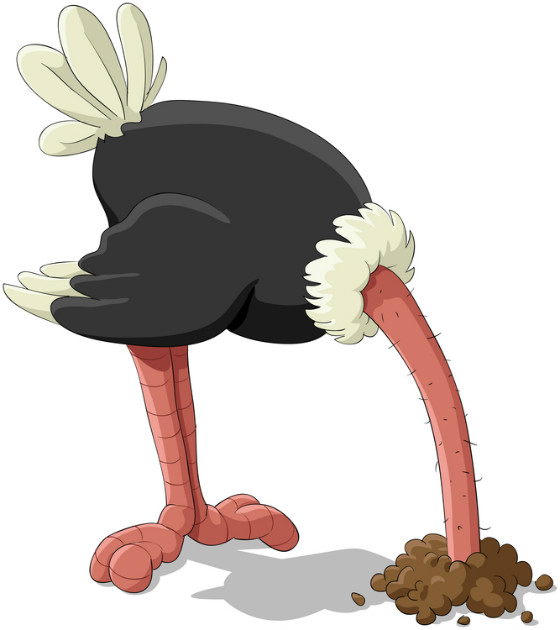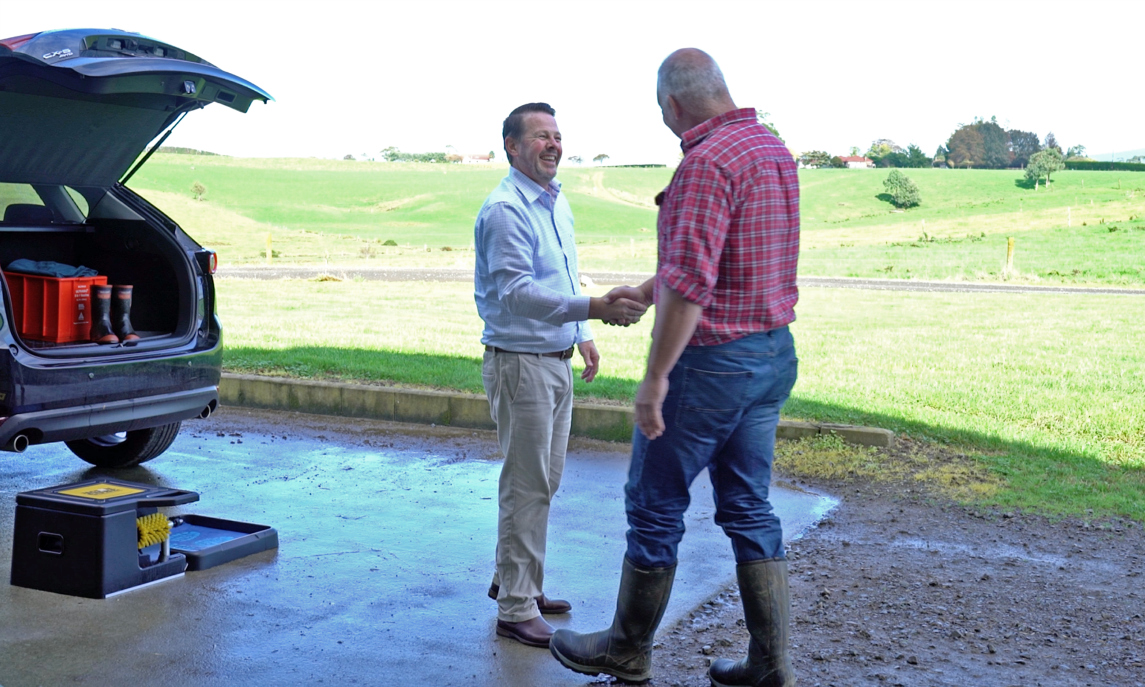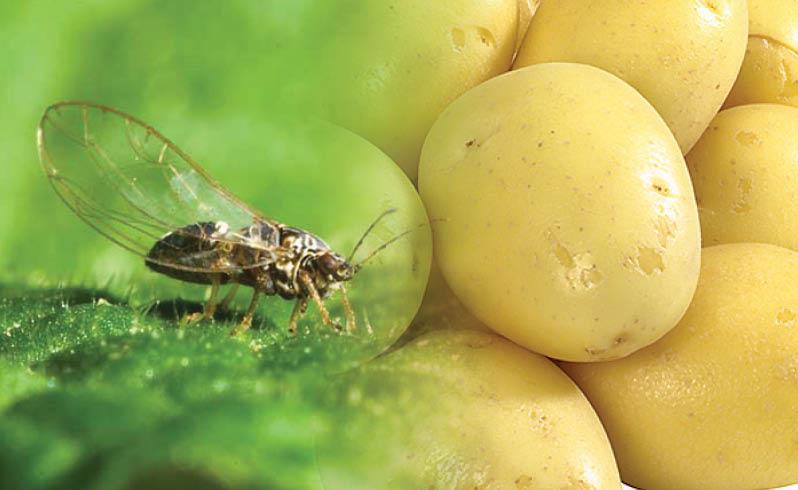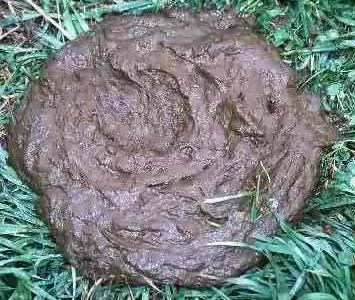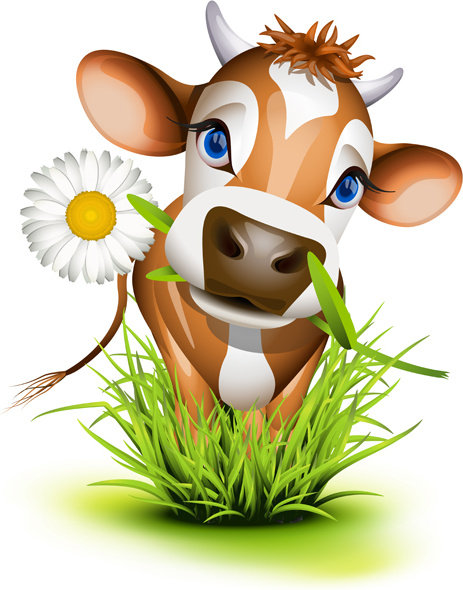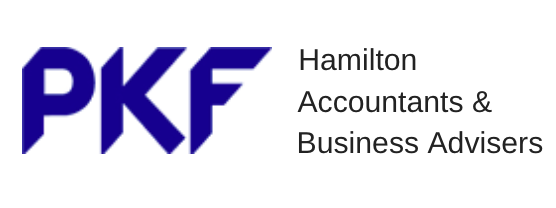Biosecurity is not a sometimes activity
I want to relate a true story. A couple of weeks ago we met a South Island dairy farmer that had been caught up in the M. Bovis response. We spoke about what this had meant for him and his business – none of it good other than that he was now able to get […]
